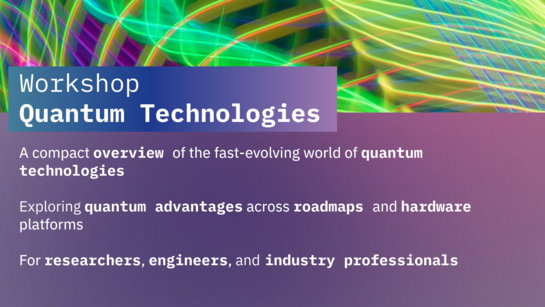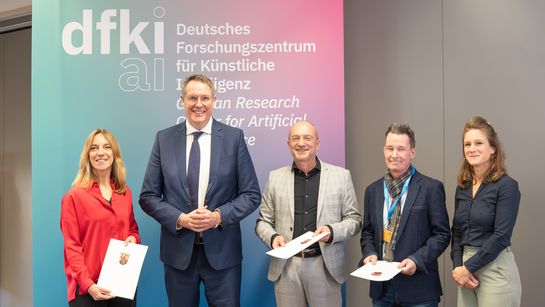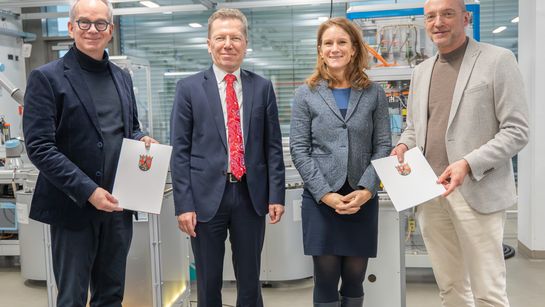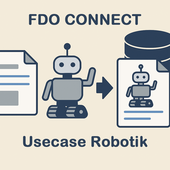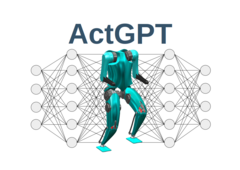
Industry 4.0
“Industry 4.0” describes the 4th Industrial Revolution through the introduction of modern information and communication technologies in production. The DFKI is regarded as the decisive founder of this movement. This far-reaching paradigm shift was first publicly named in 2011 by Wolfgang Wahlster, Henning Kagermann and Wolf-Dieter Lukas. The term became the name of the Federal Government's high-tech strategy and a synonym for the production of the future worldwide. Since 2005, the technology initiative SmartFactoryKL e.V., based at the DFKI in Kaiserslautern, has been researching and developing such technologies. The factory of the future is flexible, safe and produces both large series and customized individual products with the optimal use of resources. Humans work hand in hand with robots in hybrid teams and are supported in their activities by intelligent assistance systems.
